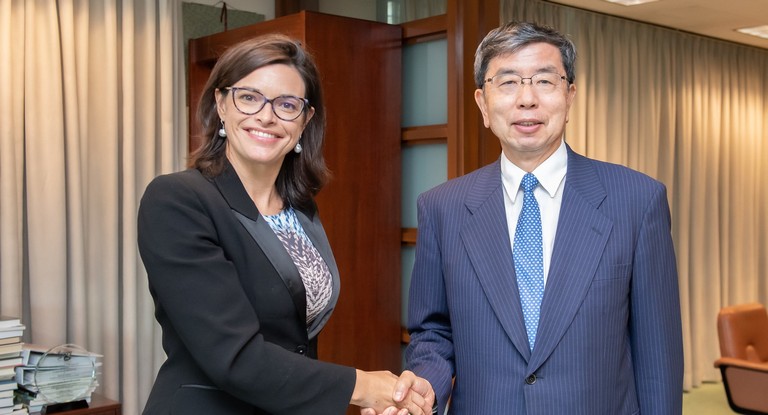672 results found
Featured results



More results
RAND researchers used a six-step scenario development process to develop two thought-provoking scenarios that address the future of mobility in the US in 2030. Three driving forces caused one path to emerge over another: (1) the price of oil, (2) the development of environmental regulation, and (3) the amount of highway revenues and expenditures.
What might one expect for the future of mobility in China in 2030? Mobility is defined as the ability to travel from one location to another, regardless of mode or purpose. RAND researchers used a six-step scenario development process to develop two thought-provoking scenarios that address this question.
India’s project preparation framework is steered by its line ministries and sub-national governments, who are adopting a streamlined and systematic approach to project development. The capacity of public institutions to plan, prepare and deliver infrastructure projects is central to effective infrastructure development.
The data presented in this report show that progress has been achieved in important areas such as legislation, vehicle standards and improving access to post-crash care. This progress has not, however, occurred at a pace fast enough to compensate for the rising population and rapid motorization of transport taking place in many parts of the world.

This issue focuses on Urbanization and Infrastructure Development

Explore the capability of 56 countries to deliver infrastructure projects, identify priority reforms and pinpoint leading practices across infrastructure governance & institutions, regulatory frameworks, permits, planning, procurement and delivery.

Project preparation is a critical enabler of infrastructure development and has been identified as a key pillar in the G20 s strategic roadmap to develop infrastructure as an asset class.

The Climate and Disaster Risk Screening Tools developed by the World Bank, provide a systematic, consistent, and transparent way of considering short- and long-term climate and disaster risks in project and national/sector planning processes.

The IMF has compiled a suite of analysis, research, diagnostic tools, country reports, data sets, and other resources on the importance of public investment as a catalyst for economic growth.

This primer is designed to be a first step for PPP project teams aiming to ensure their projects promote gender equality.

The Inclusive Design Standards bring together what LLDC consider the best of existing good practice guidance and consolidate this in a single benchmarking document to be used as a tool by design teams. This second edition of the London Legacy Development Corporation s (LLDC s) Inclusive Design Standards (IDS), originally published in March 2013, is evidence of the positive impact and continued legacy created by the enormous success of the Olympic and Paralympic Games held in London back in the summer of 2012.

The Infracompass explores the capability of 56 countries to deliver infrastructure projects, identify priority reforms and pinpoint leading practices across infrastructure governance & institutions, regulatory frameworks, permits, planning, procurement and delivery.


The third global report by Global Infrastructure Hub (GI Hub) and EDHEC Infrastructure Institute-Singapore reveals new investor insights on changing infrastructure markets.



The third global report by Global Infrastructure Hub (GI Hub) and EDHEC Infrastructure Institute-Singapore reveals new investor insights on changing infrastructure markets.


FOR CONSULTATION The draft Guidance Note on National Infrastructure Banks and Similar Financing Facilities is open for public consultation to capture your insights and feedback for the final version.
The Climate and Disaster Risk Screening Tools developed by the World Bank, provide a systematic, consistent, and transparent way of considering short- and long-term climate and disaster risks in project and national/sector planning processes.

In an effort to serve as a 'one stop shop' for climate-related information, data, and tools, the World Bank created the Climate Change Knowledge Portal (or CCKP).








 Link
Link



